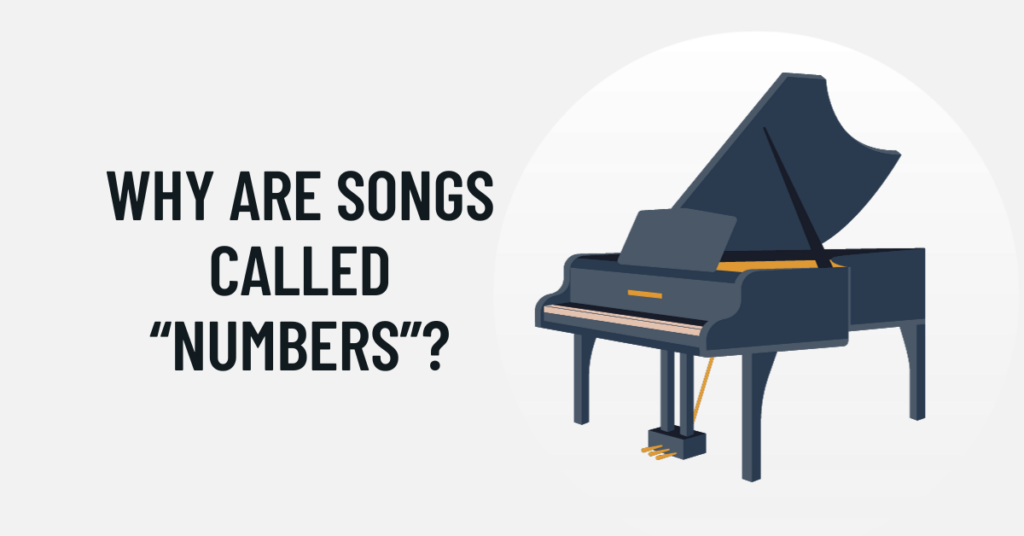Have you ever wondered why musicians and music enthusiasts often refer to songs as “numbers”? It’s a curious terminology that has become commonplace in various musical circles. In this article, we’ll explore the origins and reasons behind this unique practice of labeling songs as numbers.
1. Historical Roots
The practice of referring to songs as numbers dates back to the early jazz and blues eras in the United States. In these genres, musicians often performed in clubs and bars where the noise level was high, making it challenging to communicate song titles verbally. To overcome this challenge, musicians and band leaders devised a system where songs were assigned numbers. This numerical code allowed for quick communication between band members, ensuring a seamless transition from one song to another during live performances.
2. Simplifying Setlists
In addition to the historical context, assigning numbers to songs simplifies the process of creating and managing setlists. Musicians, especially in large bands or orchestras, can easily share setlists with each other without having to write out the full song titles. This numerical system streamlines rehearsals, performances, and communication, making it efficient and practical, especially in professional musical settings.
3. Cultural Influence
The practice of using numbers to refer to songs has permeated various musical genres and cultures. It has become a part of the musical lexicon, especially in jazz, blues, rock, and other contemporary music styles. As new generations of musicians and listeners adopt this convention, it continues to be widely used and accepted in the global music community.
4. Standardization in Repertoire
In musical contexts like jazz standards, where a vast repertoire of songs is commonly performed by various artists, assigning numbers to songs helps standardize communication. Jazz musicians, for example, can call out a specific number, and fellow musicians instantly know which song to play, even if they come from different cultural or linguistic backgrounds. This universal understanding facilitates collaboration among musicians from diverse musical traditions.
5. Encouraging Collaboration
The use of numbers fosters collaboration between musicians, allowing them to perform together seamlessly, regardless of their familiarity with each other’s repertoires. It encourages spontaneous jam sessions, improvisation, and impromptu performances, enhancing the overall musical experience for both musicians and audiences.
Conclusion
The practice of referring to songs as numbers has become an integral part of the musical language, rooted in historical necessity and practicality. This unique convention enables musicians to communicate efficiently, simplifies the process of managing setlists, and fosters collaboration in various musical contexts. Whether in jazz clubs, rock concerts, or jam sessions, the use of numbers continues to be a valuable and enduring tradition, allowing musicians to create harmonious melodies and memorable performances across diverse musical landscapes.


